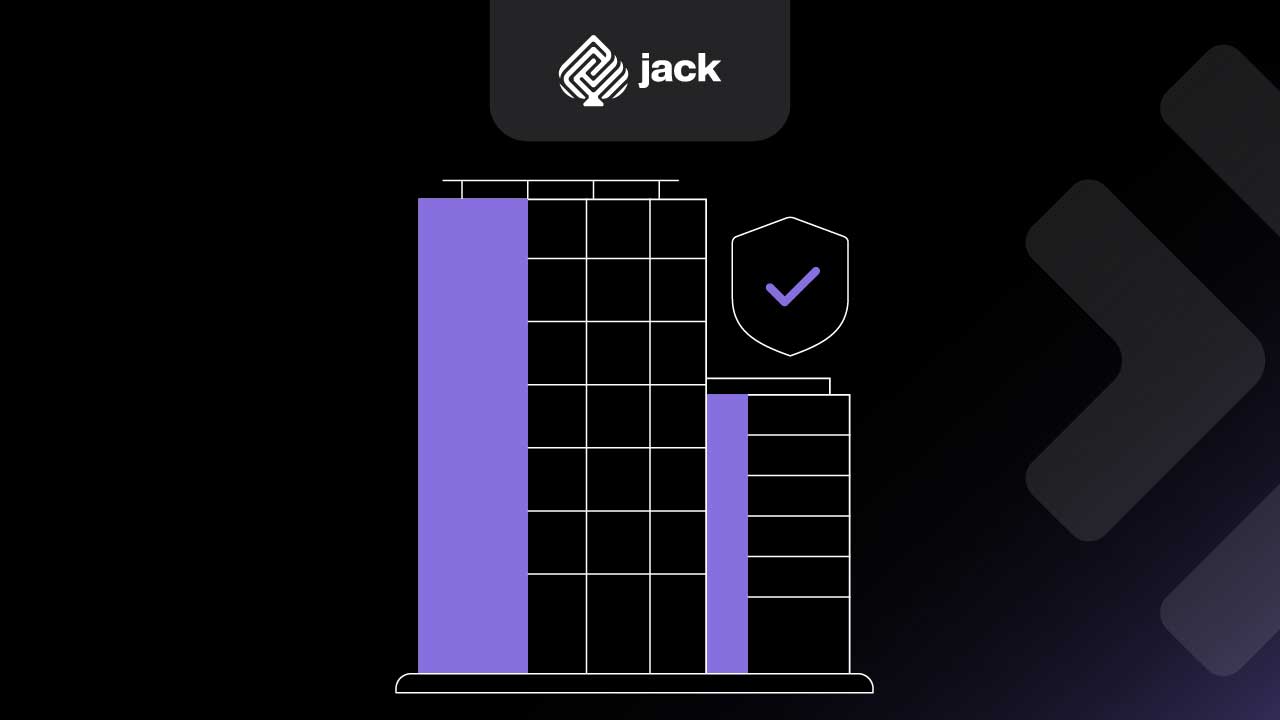In a business, efforts in spending management are crucial, especially for raw materials and consumables in the operational processes. However, many still lack a clear understanding of what spending management entails. Yet, regulating this type of management is essential. Understanding the proper steps in managing it is equally crucial.
Therefore, this article will provide an explanation of the definition of spending management, its benefits, and how to manage it effectively. For novice business practitioners, taking the time to understand the information in the following paragraphs is advisable.
Definition of Spending Management

The process of acquiring goods from third-party vendors is referred to as spending management or purchasing management. This management includes the receipt, evaluation, and approval of purchase orders within its functions. Additionally, managing relationships with suppliers is also part of the spending management process.
In spending management, the relationship component created within it is one of the most crucial procedural components. While each stage of the spending process holds significance, issues may arise without strong collaboration between involved parties. The simpler the purchasing process, the stronger the relationship between the company and a specific seller.
See Tutorial Account Verification Jack
However, product and service purchases are just one aspect of spending management. Business practitioners must pay attention to it. In the spending process, business owners must carefully examine the chosen materials and sources, ensure timely delivery of purchased goods, guarantee the quality of the materials, and manage and record the inventory resulting from spending more meticulously.
Benefits of Spending Management

Implementing spending management brings various benefits, especially for well-managed businesses and companies. Thanks to effective and efficient management, the following benefits can be obtained.
1. Assisting in Achieving Lower Costs
The most significant advantage or benefit a company can gain from spending management is the reduction of operational costs. This helps improve the efficiency of the business procurement department through obtaining the most advantageous prices and terms. Business owners can also leverage the ability to benefit from discounts and guarantees that may initially go unnoticed.
2. Reducing Business Risks
Spending management has the potential to reduce risks faced by the business supply chain and maintain its security. These risks will be shared with suppliers, and business owners will have the ability to transfer risks to suppliers who can manage them. Additionally, business owners can identify essential items and ensure the security of the supply chain itself in the spending process.
3. Effective Inventory Management
Inventory management is the process of organizing and overseeing purchases made by a company. Business owners can increase inventory stocks by optimizing inventory control operations with the help of spending management. This will allow business practitioners to obtain approvals, resulting in increased efficiency and cost reduction. Tracking business purchases becomes easier with proper inventory management.
Effective Spending Management Strategies
To effectively manage spending according to the company’s expectations, there are several tips that business owners can follow. Generally, these methods can help maximize management and lead the business to its intended goals. Some effective steps and strategies include:
1. Identify Expenditure Sources
The first step in managing spending is to identify active expenditure sources that occur every month. Especially in business operations, it is crucial to regularly review which expenses are the most significant. Whether they are related to production costs, raw material costs, and so on.
From this identification, it will be easier to maximize periodic expenditure efficiency. This ensures that spending is targeted accurately, minimizing the risk of unnecessary financial outlays.
2. Verify Purchase and Payment Data
It is crucial to ensure that purchase data and the costs paid for those purchases are accurate. Always strive for consistency between these two aspects to ensure optimal and efficient cost payments.
Avoid the risk of late payments, as this can result in increased costs due to interest or penalties. Therefore, always monitor purchasing activities, and payments should be accompanied by valid proof to facilitate accurate and proper verification.
3. Categorize Spending Appropriately
Another step in effective spending management is to categorize each spending activity accurately. Whether it is for company inventory or production raw material costs. Choosing the right category will make it easier to manage the required expenditure for these aspects.
This is particularly crucial for larger companies or businesses. Selecting the right spending category is essential to avoid overlooking any aspects, and financial verification processes become more straightforward. Thus, the company’s spending strategy will be more optimal.
From the information provided above, you can see the detailed definition of spending management. Not only that, but you can also see the benefits that can be obtained from effectively and efficiently managing it.
Use Jack for your business needs
Information on good spending management tips in business and entrepreneurship, will undoubtedly assist in the optimal development of the business. Thus, it can help the business to advance and experience optimal growth.






